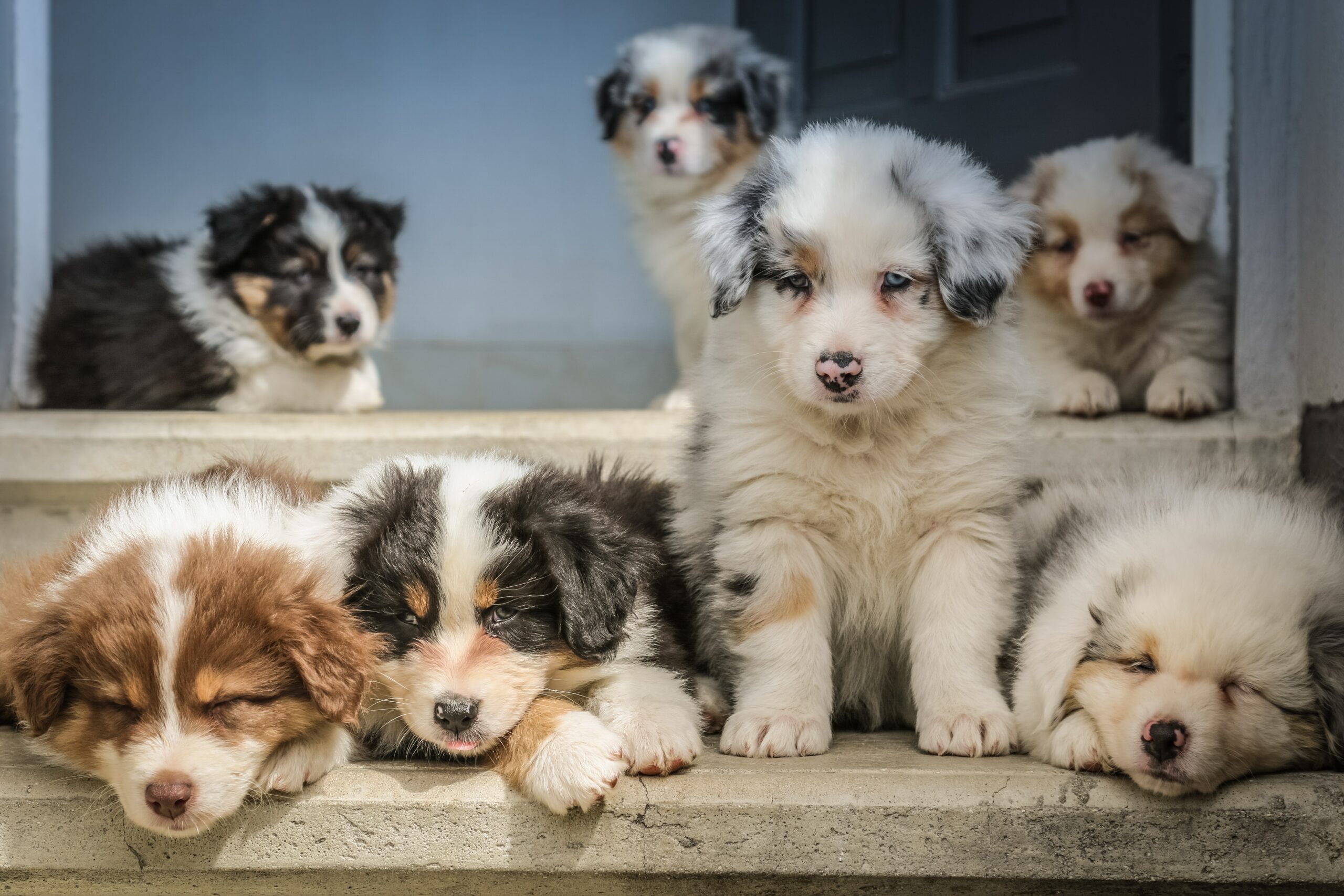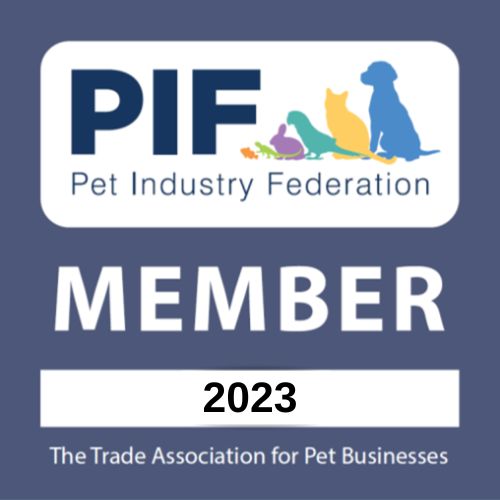Getting a new puppy is a big decision for any pet owner and one that involves lots of careful consideration. One of the most pressing questions to consider, after which breed of dog you would like, is where to get your puppy from. Thanks to the internet, there are now lots of ways to find a pedigree puppy to love and care for, but not all sellers are as reputable as they might seem and buying from unlicensed private sellers can lead to problems for both dogs and their owners. In this blog post, we are going to look at some of the dangers involved in buying puppies from classified ads and why getting your canine companion from The Pedigree Paws is always the best option.
One of the biggest dangers that accompanies buying a puppy from a classified ad is that, without knowing it, you might be supporting a puppy mill. A puppy mill, sometimes also known as a puppy farm, is a commercial breeding facility that aims to breed as many puppies as possible, with the sole intention of selling them to unsuspecting buyers for cash. They are unlicensed and often squalid, cruel places, where large groups of female dogs are constantly impregnated with no regard to their health or that of their offspring. Puppies are removed from the mother as soon as possible, often far too early, and once the female dog can no longer produce new-born dogs she is abandoned or, worse, killed. These are places where animal welfare is not considered, with dogs kept in unsanitary conditions, with not enough access to food and water, living in cramped conditions and surrounded by their own faeces. Of course, those running puppy mills are too clever to let potential buyers know any of this. They use classified ads showing cute pictures and misleading descriptions that makes it appear that the seller is simply a private individual selling a puppy from a loving and caring home.
In addition to the poor welfare standards, there are other reasons to avoid buying a dog from puppy mills. Like human babies, the first few months of a dog’s life are crucial to his or her future development. Dogs from puppy mills are more likely to develop health issues as they develop, especially genetic disorders arising from interbreeding. They are more likely to develop behavioural problems, too. Dogs who have undergone trauma can display aggressive tendencies, while others who have been removed from their mothers too early may develop separation anxiety.
There is also the danger that buying a puppy from a puppy mill you are unintentionally supporting an illegal operation. The Breeding and Sale of Dogs Act states that breeding females must not produce more than one litter a year and that mothers and their puppies must be inspected by licensed veterinarians to ensure that they are in good health. Unlike reputable breeders, puppy mills do not comply with this legislation. Even worse, the recent rise in dog theft has been linked to an increased demand for breeding adult dogs, with thieves snatching loved pets and subjecting them to an awful life in which, once they are no longer “useful”, they are simply disregarded. There is plenty of evidence, too, that the criminals who run puppy mills are often involved in other illegal activities. In January 2021, BBC News reported a police raid at a puppy mill in Kent, where, in addition to puppies being kept without their mothers, weapons and drugs were also discovered. In putting money in the hands of a puppy mill breeder, you might inadvertently be supporting drug dealing, human trafficking and other organised crime.
Unfortunately, despite all of this, puppy mills continue to thrive. Animal charities such as the Blue Cross have suggested that tens of thousands of dogs from puppy mills are sold each year.
So, what can be done about puppy farms and disreputable breeders? In addition to recent tightening of animal welfare legislation and improving policing, dog owners can also play their part by not buying dogs from unscrupulous sellers. Signs that a seller might be running a puppy mill include descriptions or phone numbers that have been copied and pasted on multiple listings, and prices that seem too good to be true. Other signs include sellers who pressurise you into paying in cash, refuse to provide a receipt or contract, or who won’t give you any information about the puppy parents in advance.
All breeders that collaborate with The Pedigree Paws hold a Local Authority licence and are a registered member of the UK Kennel Club, who insist on certain standards being met for membership and breeding. These include, checking how old the mother is and how many litters she has had previously, ensuring that the mother is fit and healthy, and asking to see the original pedigree documentation (i.e. the dog’s family tree).
Although it might mean spending some time researching and waiting for the best available puppy, buying your dog from The Pedigree Paws, a reputable and honest pet Matchmaking Agency, will ensure you get a pet with the best possible start in life. Cruel and illegal business operations will only continue while there are customers willing to fund them. Choosing to buy a puppy from a kind and loving breeders ensures that your puppy stands the best chances to develop into a healthy and life-loving dog.





